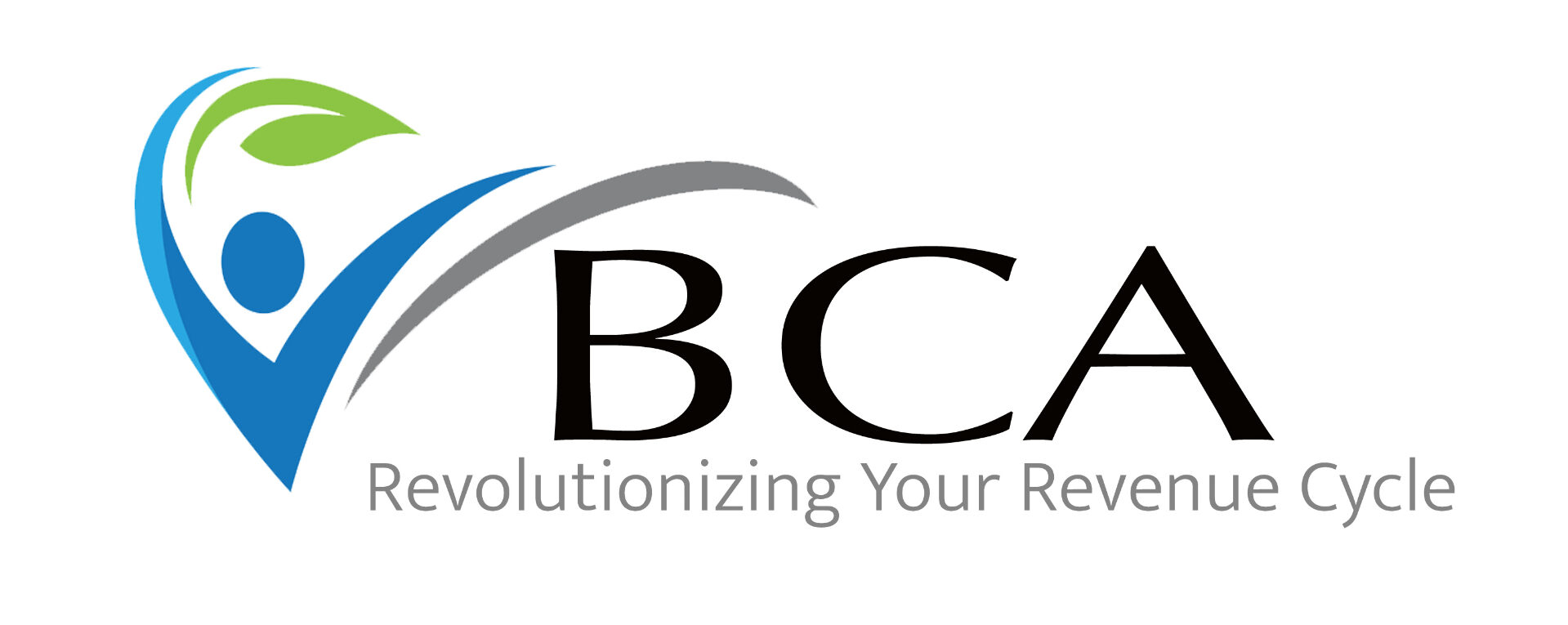Rural health care has reached a critical crossroads. Federally Qualified Health Centers (FQHCs) and rural hospitals are contending with Medicaid payment reductions, workforce shortages, and rising uncompensated care—all while trying to sustain essential services for small and remote communities. For many, the question is no longer whether to innovate, but how to survive long enough to do it.
That’s why the Centers for Medicare & Medicaid Services (CMS) announcement that all 50 states have joined the new $50 billion Rural Health Transformation Program is such a milestone. Established under the Working Families Tax Cuts legislation (Public Law 119-21), this initiative represents one of the largest coordinated federal efforts to strengthen rural access, quality, and outcomes.
Between September 15 and November 5, 2025, every state submitted a proposal outlining how it would expand access, improve quality, and drive measurable results through sustainable, state-led innovation. Health and Human Services Secretary Robert F. Kennedy Jr. called the response “a reflection of our nation’s character,” while CMS Administrator Dr. Mehmet Oz described the initiative as “a turning point for rural health.”
The program centers on five goals:
- Improving rural health through prevention and innovation.
- Ensuring sustainable access by supporting long-term provider viability.
- Strengthening the workforce through recruitment and retention.
- Advancing care delivery models to improve outcomes and control costs.
- Expanding technology use to enhance coordination and efficiency.
States meeting baseline criteria will receive half of the total funds, with the remaining awards distributed based on the strength of their proposals. CMS will announce awardees by December 31, 2025, and distribute funding over five years beginning in FY 2026.
This all-state participation underscores that rural health is central to the nation’s well-being. Yet federal investment alone won’t solve long-standing operational and compliance challenges. Each organization must evaluate its readiness, strengthen documentation, and align its processes with evolving expectations.
At BCA, we help FQHCs and rural health organizations do just that—through targeted coding and documentation audits, provider education, and strategic consulting.
Let’s start a conversation about your clinic’s readiness for what’s next. Together, we can identify opportunities, close gaps, and build a sustainable foundation for the future of rural care.
Book your consultation today with one of our experts.

